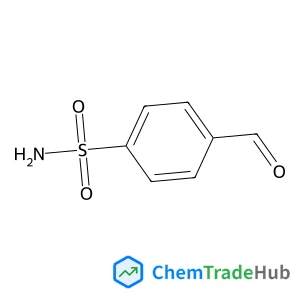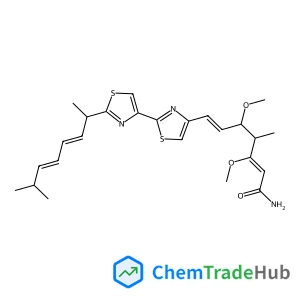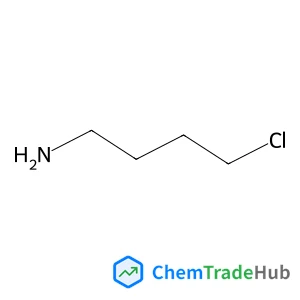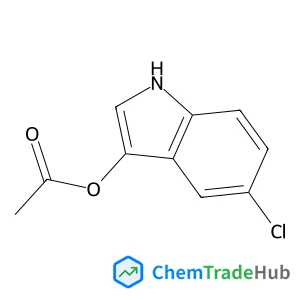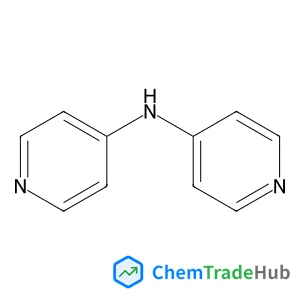Electrochemical control of surface properties using a quinone-functionalized monolayer: effects of donor–acceptor complexes
文献信息
Agnieszka Wieckowska, Adam B. Braunschweig, Itamar Willner
A benzoquinone monolayer-functionalized electrode reveals electrochemically or chemically controlled wettability; the hydrophobicity of the hydroquinone-modified surface is enhanced by the presence of a donor–acceptor complex with N,N′-dimethyl-4,4′-bipyridinium as the π-electron acceptor.
期刊推荐
相关文献
IF 6.843
Retraction: Chemical synthesis and antigenic activity of a phosphatidylinositol mannoside epitope from Mycobacterium tuberculosisIF 6.222
PEST (political, environmental, social & technical) analysis of the development of the waste-to-energy anaerobic digestion industry in China as a representative for developing countriesIF 6.367
In situ growth of all-inorganic perovskite nanocrystals on black phosphorus nanosheetsIF 6.222
Catalogue of self-targeting nano-medical inventions to accelerate clinical trialsIF 6.843
Enhanced power performance of an in situ sediment microbial fuel cell with steel-slag as the redox catalyst: I. electricity generationIF 6.367
Recent developments in carbon nitride based films for photoelectrochemical water splittingIF 6.367
Redox responsive Pluronic micelle mediated delivery of functional siRNA: a modular nano-assembly for targeted deliveryIF 6.843
High-performance tungsten carbide electrocatalysts for the hydrogen evolution reactionIF 6.367
Heterogeneous toroidal spiral particles for islet encapsulationIF 6.843
来源期刊
Chemical Communications
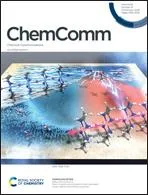
ChemComm publishes urgent research which is of outstanding significance and interest to experts in the field, while also appealing to the journal’s broad chemistry readership. Our communication format is ideally suited to short, urgent studies that are of such importance that they require accelerated publication. Our scope covers all topics in chemistry, and research at the interface of chemistry and other disciplines (such as materials science, nanoscience, physics, engineering and biology) where there is a significant novelty in the chemistry aspects. Major topic areas covered include: Analytical Chemistry Catalysis Chemical Biology and medicinal chemistry Computational Chemistry and Machine Learning Energy and sustainable chemistry Environmental Chemistry Green Chemistry Inorganic Chemistry Materials Chemistry Nanoscience Organic Chemistry Physical Chemistry Polymer Chemistry Supramolecular Chemistry
推荐供应商
 广州市耿达贸易有限公司
广州市耿达贸易有限公司 F.H. 帕彭梅耶有限公司
F.H. 帕彭梅耶有限公司 Loyal Gain International Enterprise Limited
Loyal Gain International Enterprise Limited GlobACO GmbH
GlobACO GmbH XENOPS化学品有限公司
XENOPS化学品有限公司 Macylab仪器公司
Macylab仪器公司 MOLLOX CHEMIE GmbH
MOLLOX CHEMIE GmbH 哈顿Anlagentechnik GmbH
哈顿Anlagentechnik GmbH 江西拓昊福生物科技有限公司
江西拓昊福生物科技有限公司 W.Kolb AG博士
W.Kolb AG博士










